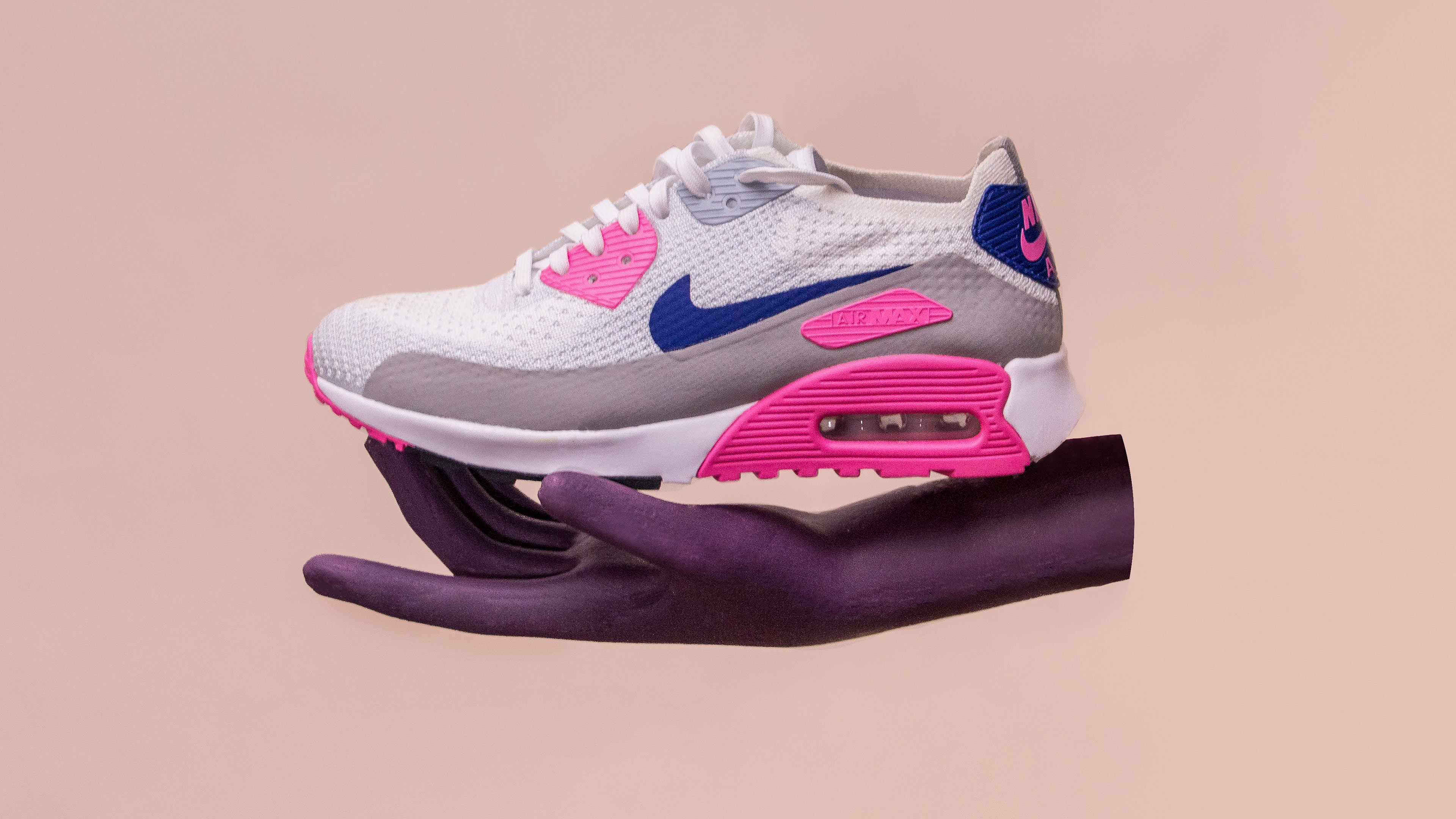No more than ten years ago, the word ‘exclusive’ was once the guaranteed, one size fits all promotional term that could add value to brands, cost to products and status to the lucky few that could afford to pay that little bit extra. However in a world where everything has become mainstream and special, what does it now mean to be “exclusive”?
We live in changing times, and the shifting nature of society, culture and commerce means a serious rethink for our old friend ‘exclusivity’ and all that it means in its contemporary guise. Brands who have previously relied heavily on exclusivity can no longer focus on the materialistic aspect, but instead need to promote the experiences, stories and values they uphold.
Brands aren’t followed because of loyalty and label-mania anymore, but rather because they offer a sense of like-minded community and a sense that they stand for something ‘more’ that people can connect with. Athletics brands like Nike and LuLuLemon have successfully leaned into this by partnering with instructors who teach free classes whilst wearing branded sports wear, or encouraging users of their wearable tech to track their fitness and compete against other users across the world.
In a world with fewer barriers, the concept of exclusivity has now gone full circle, and brands seeking to be seen as exclusive achieve more when they celebrate and share their values and purpose over their shine and splendour. The Nue Co. for example, is a protein-based supplements brand from NYC. They achieve exclusivity by collecting information from their customers on what they need there and then, depending on current health and desired outcomes. They then customise plans, tailoring their formula for the customers changing needs as the subscription progresses.
With society in a period of perpetual change, the customers of tomorrow have very different buying habits and therefore brand loyalty. If a brand does not show consumers how they are actually different, and how they are building a strong tribe of future oriented people, consumers cannot align themselves with that brand. They need something to believe in that is transparent and authentic, and through this people will start to view a brand as their own personal form of “exclusivity.”
At Underscore we advise our clients in the luxury space to focus on what in their world is human-centric and people driven. It’s not about price or separation any more, but the holistic journeys, shared stories, creative insights and ideology that the brand represents.
Get the balance of those items right and the brand experience and exposure will follow.
